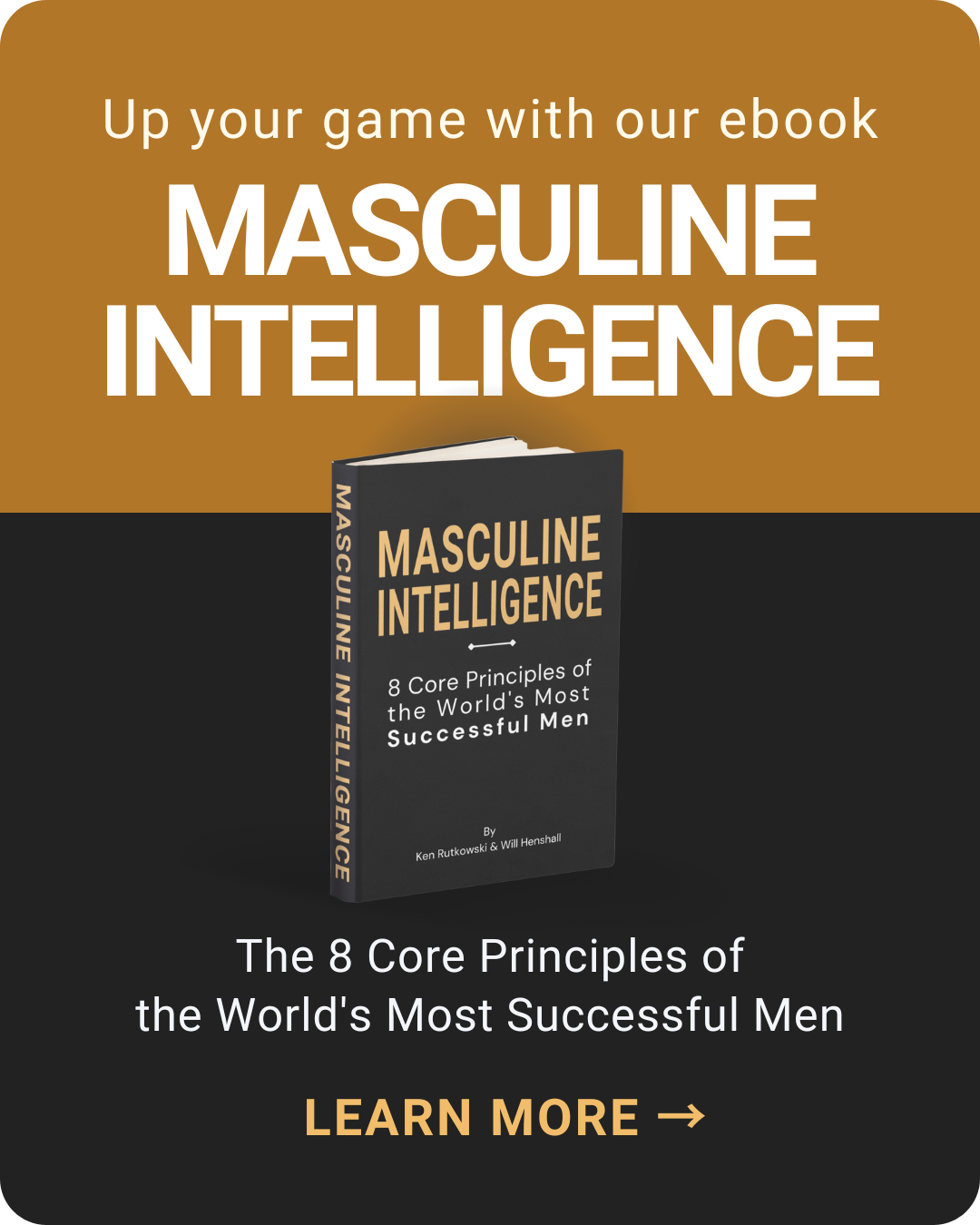
Larry Yatch reverse-engineers SEAL training lessons – and combat recovery – for executives, and often in surprising ways. “If it can kill me, I want to do it.”
Yatch, a 10-year officer in the Navy’s elite SEAL teams, isn’t one to shy away from a challenge. And in his Seal Success consulting program, he challenges executives and entrepreneurs to create the most effective teams possible.

How does SEAL training apply to business? While thousands of push ups aren’t required, “it’s all a mental game anyway. That’s lesson number one.”
“SEAL training translates right into business in multiple ways. SEALs are problem solvers – we are trained to act intelligently and decisively under stress.”
Watch Larry Yatch at METAL
While business leaders may not have to suffer three-mile open swims in cold Pacific waters where “no one can hear you scream,” they can tap into the lessons of SEAL training for everyday success.
Yatch breaks it down: Senior level SEALs are great for tactical leadership. Junior officers are masters of operations. Senior officers help with high level strategy. But all live and breathe an ethic of impeccable teamwork.

“I got into business consulting when I recognized that high-performing execs leading companies used the same linguistic patterns as combat veterans, and it affected the growth of their business as well as their personal happiness.”
The common thread? Trauma.
“I saw that the biggest limiter of companies’ growth and health are unrecognized traumas of the CEO. High performers attain success but don’t feel fulfillment. They can’t feel they are succeeding.”
Trauma can be a tricky thing. “People who don’t have traditional big traumas like sexual abuse, massive injury or battle experience carry unrecognized trauma. At some point, they felt unsafe – it’s just the human experience – and they developed unconscious strategies to handle that danger. Those strategies worked for situations where they didn’t have a sense of control. The problem is they imported those strategies into the rest of their lives, where they don’t work at all – and in fact can be hugely counterproductive. It becomes their operating system. They apply the lessons of trauma in the wrong places. They live an untrue story in their heads. For example, in combat, ‘everything’s going to shit and it’s my fault’ serves me well – but not in business or family. The result? Their business and personal relationships suffer.”

Yatch supplies several trainings to business leaders, but loosening the grip of unrecognized trauma is one of the most unexpected and useful.
“Therapists aim to remove emotional charge from traumatic experience so you don’t FEEL negative emotions when you think about it. But what they don’t address is undoing the operating system itself. Therapists remove the emotional charge of experience. That makes you feel better, but it doesn’t change behavior.”
Yatch works to fix that. “Unless you undo the traumas, you get a debilitating disconnection from life, from self, from others, and from all that is greater than us. You have all the outer success but you feel haunted by anxiety and insufficiency and you can’t get to the next level.”
What so many of his high-achieving clients discover – to their great surprise – is that the toughest challenges are not necessarily external, but where truly nobody can hear you scream…
Within.
Written by Adam Gilad
Trending Now
Responsibility Over Freedom: How Netflix’s Culture Has Changed:Netflix is recognized for its discreet nature: absence of Nielsen ratings, limited show cancellation feedback, no box office data for niche theater releases. Despite its public opacity, the streaming giant maintains internal transparency. (New York Times)
Intermittent Fasting: What it Does and Doesn't Do, according to science: Intermittent fasting (IF) is currently regarded as a prominent health and fitness trend in the contemporary landscape. Amid its popularity, there are dissenting voices to consider. Our focus delves into the scientific underpinnings supporting the capabilities of such diets while dispelling prevalent misconceptions. Ultimately, the selection of a dietary regimen remains a personalized endeavor aimed at identifying effective and enduring approaches. The integration of scientific rationale to bolster this selection process serves as a valuable asset. This detailed examination pertains specifically to the realm of IF. (Newatlas)
Google's AI Search Consumes 10 Times the Energy of a Traditional Google Search: Each instance of conducting searches, such as inquiring about the recommended daily intake of rocks via Google AI's responses, results in consuming around three watt-hours of electricity. This observation comes from Alex de Vries, the founder of Digiconomist, an organization dedicated to delving into the unanticipated effects of digital advancements. In comparison to a standard Google search, this energy consumption is tenfold and is similar to the power expended during an hour-long conversation using a landline telephone. (Jacobin)



